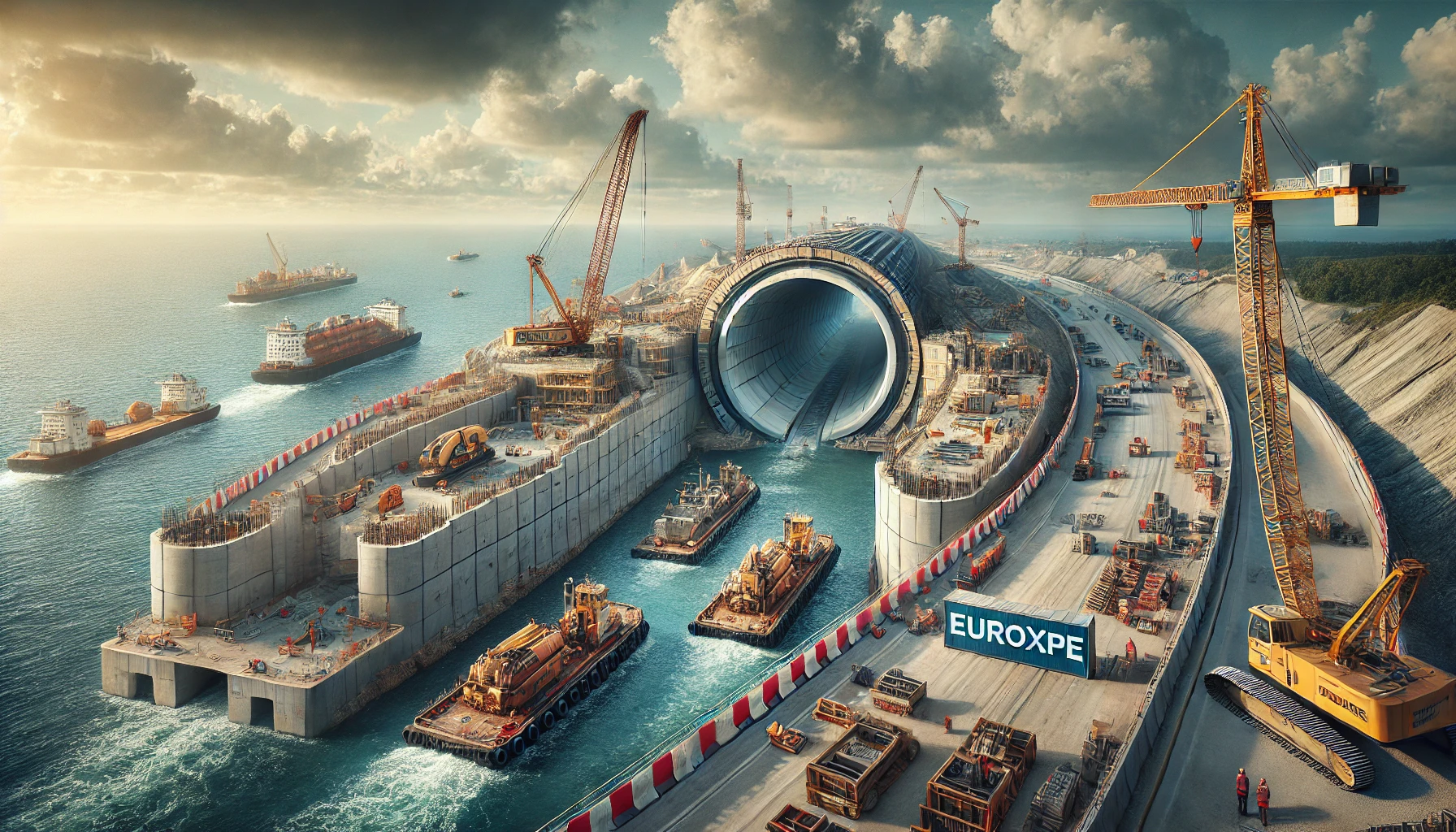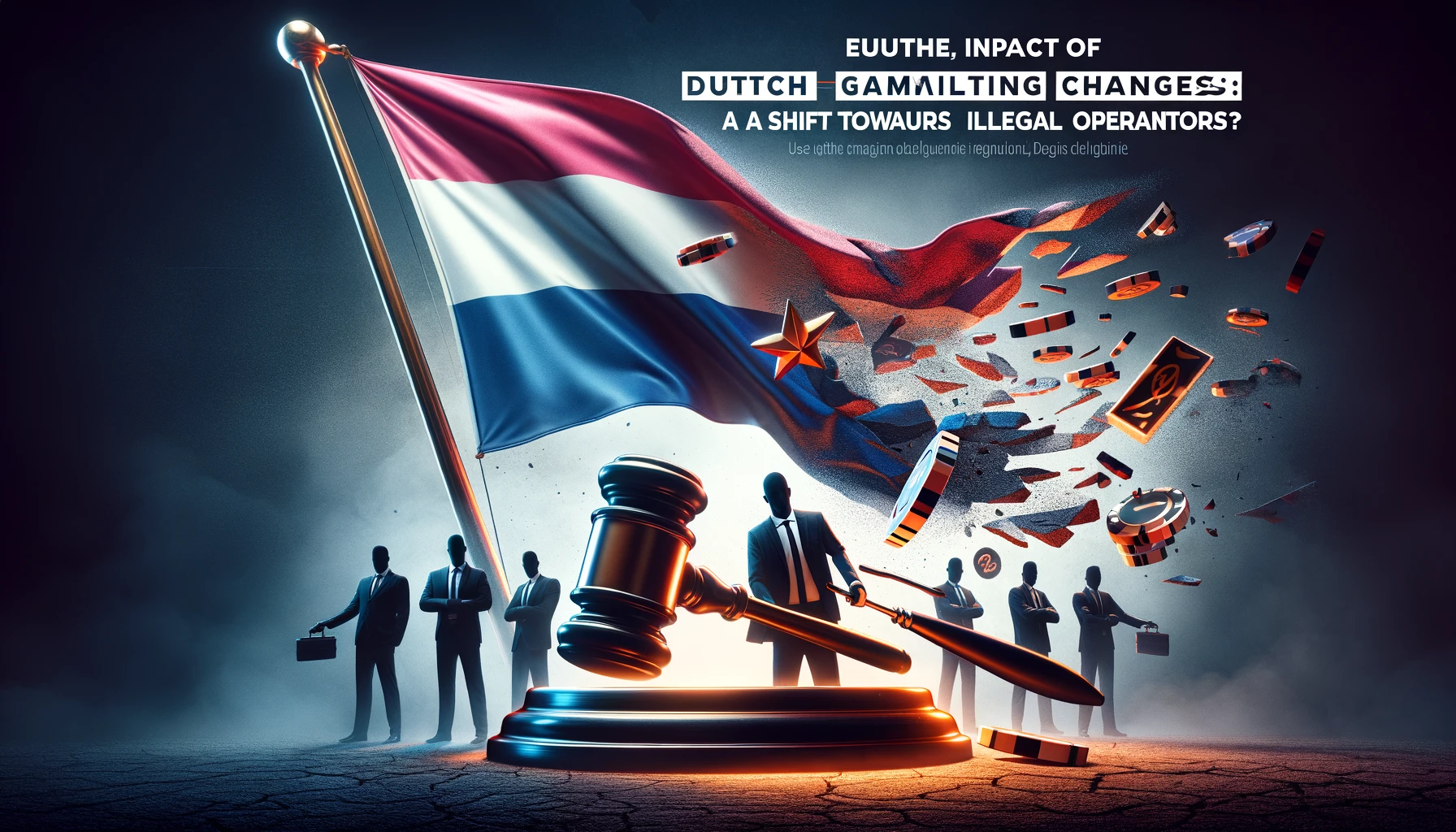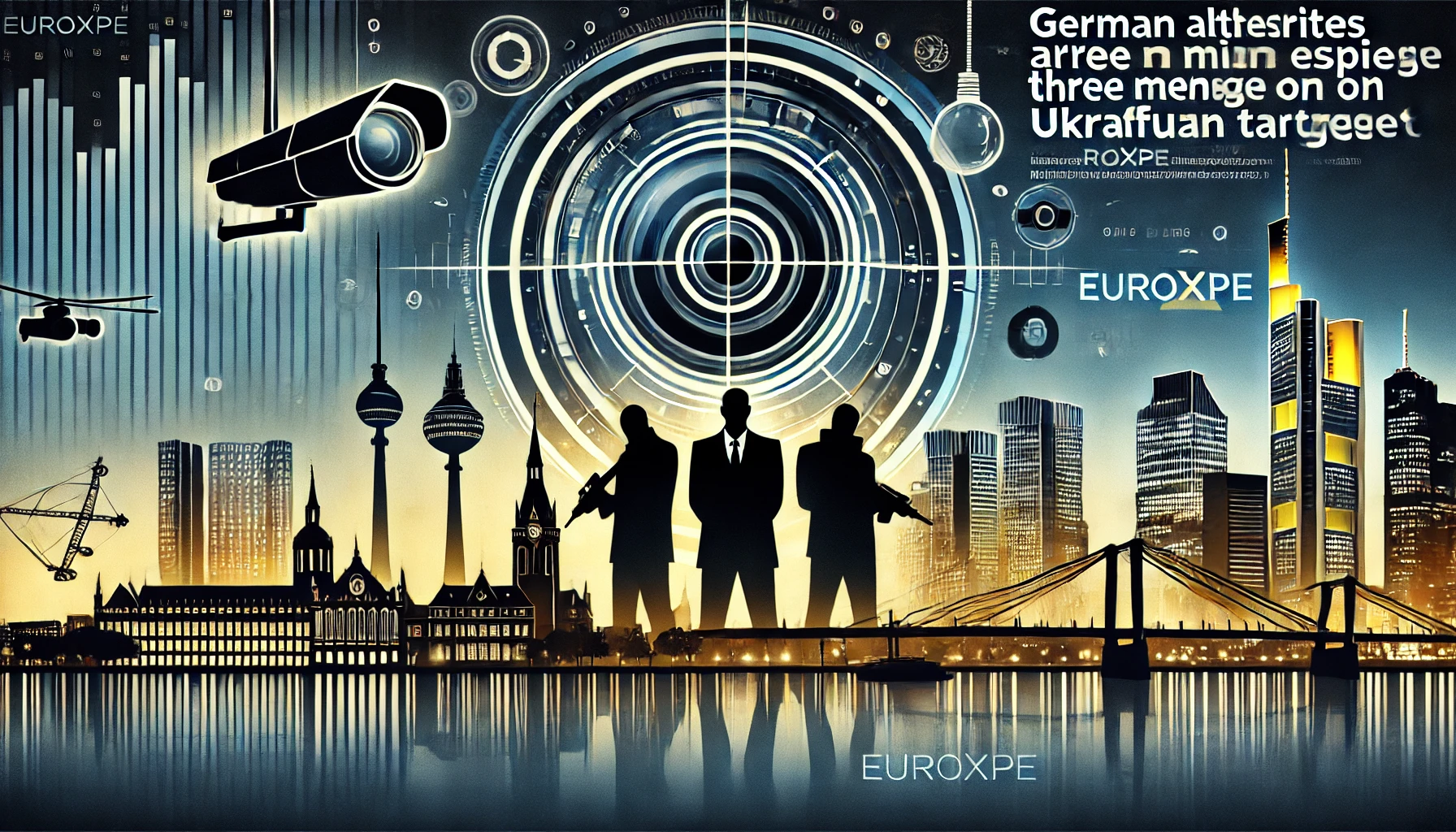French President Emmanuel Macron and German Chancellor Olaf Scholz are once again clashing over the direction of Europe’s economic policy as the continent grapples with challenges from both the United States and China. Leading the EU’s two largest economies, Macron and Scholz represent countries with a 280-mile shared border, but their divergent approaches to protectionism and trade reveal deep-seated differences in their visions for Europe’s future.
A Divergence in Economic Vision
At a Berlin Global Dialogue event this week, Macron delivered a stark warning that the European Union could face existential threats if it continues to pursue a “classical” free-trade agenda. He emphasised that without adopting a more protectionist stance, Europe would be “out of the market” within a few years. Macron’s call to action is a clear response to the economic powerhouses of China and America, who have increasingly prioritised domestic industries through subsidies and trade barriers.
Scholz, however, remains wary of over-correcting. He cautioned that protectionist measures could end up harming Europe more than helping it. This was evident in Germany’s opposition to new EU tariffs on Chinese electric vehicles, which will be voted on shortly. Scholz’s stance highlights the tension between safeguarding European industries and maintaining global competitiveness.
A History of Disagreement
This is far from the first time Macron and Scholz have found themselves at odds. The two leaders have frequently clashed on key EU issues, from joint borrowing to trade policies. Tensions between France and Germany are nothing new, but the current geopolitical landscape makes their discord more critical. With the US presidential election looming and the possibility of Donald Trump returning to the White House, Europe faces renewed threats of trade wars and punitive tariffs. As the EU’s two biggest players, their inability to align poses a significant challenge to the bloc’s stability.
Scholz’s opposition to protectionism is a reflection of Germany’s more traditional trade policy, which prioritises maintaining access to global markets, particularly China. France, on the other hand, has been pushing for tougher EU-wide measures to curb what it sees as unfair competition, especially from Chinese firms. This conflict plays out not only in economic terms but also in the personal dynamic between Macron and Scholz, who, by all accounts, struggle to find common ground.
Free Trade and Protectionism at a Crossroads
France and Germany have tried to present a united front on various occasions, including joint efforts to reform Europe’s industrial policies and co-drafting European Council conclusions. However, fundamental disagreements persist on how best to respond to global economic challenges. Macron’s concerns about the subsidisation of Chinese electric vehicles and his push for more EU protectionism are seen by many as necessary to shield European industries.
Scholz, meanwhile, is focused on avoiding self-harm through overly aggressive policies. His reluctance to back tariffs on Chinese imports reflects Germany’s deep economic ties to China, particularly in the automotive sector, which has significant export interests in the Chinese market. As tensions rise between the two, the EU’s ability to present a coherent strategy is increasingly called into question.
Internal Struggles in France and Germany
The leaders’ respective domestic challenges only add fuel to the fire. Macron is facing a fractured National Assembly and the rising power of the far-right in France, making it harder to push through unpopular economic reforms. Scholz, on the other hand, faces mounting pressure from his coalition government and his party’s poor electoral performance, with a federal election looming.
As a result, both leaders are acutely aware of the need to keep their own political bases satisfied, even if that means diverging from EU-wide objectives. French Senator Ronan Le Gleut has pointed out that the differences between France and Germany extend beyond their leadership, reflecting deeper national priorities that will not easily be reconciled.
The Future of European Unity
Despite the public spats, there is hope that France and Germany will find a way to compromise, as they have in the past. The energy market reforms agreed upon last year offer a glimmer of optimism that, despite initial disagreements, the two countries can eventually come together for the greater good of Europe. However, the growing frustration in both Berlin and Paris over the other’s perceived unwillingness to make concessions threatens to weaken Europe’s position on the global stage.
With pressing issues like trade with South America’s Mercosur bloc and the EU’s stance on Chinese subsidies still unresolved, the bloc’s future unity remains uncertain. As the world becomes increasingly divided along geopolitical lines, the Franco-German relationship will be critical in shaping the EU’s path forward. Whether Macron and Scholz can overcome their differences in time, however, remains to be seen.






